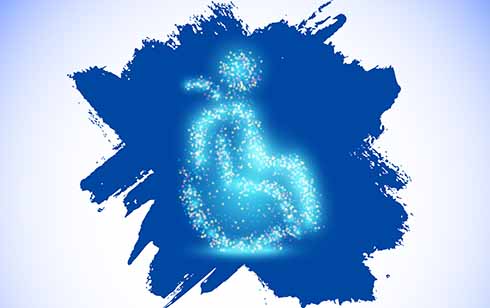 The International Day of People with Disability (3 December) is a good time for reflection. It invites us to remember people who suffer from different kinds of disability and to enter their lives compassionately.
The International Day of People with Disability (3 December) is a good time for reflection. It invites us to remember people who suffer from different kinds of disability and to enter their lives compassionately.
Certainly, when we see the extraordinary agility and skills of tennis players and other athletes who are disabled, the poetry written by people who suffer from mental illness, or read of the achievements of President Roosevelt after he contracted polio, we recognise the difficulties that disabilities bring with them. But we are much more amazed and inspired by the resilience of people who do not allow disability to limit their personal growth or the contribution that they make to society.
On this day we honour people who suffer from disability as human beings like ourselves both in the gift of their humanity and in the limitations which we all share. We may also be encouraged to work on our own weaknesses. We ask, too, how we can shape the world in a way that removes all the things that make people victims and that encourage others to seem them so. We might press, for example, to make public buildings, churches and schools easily accessible by wheelchairs so that people who have difficult in walking can enterm them as freely as everyone else.
If we need special help to access offices or classrooms, other people can easily be led to think of us as different and so as less fully human. The same desire to make our world open to everyone might leas us to put sound loops in halls, subtitles and plot descriptions on television shows, and to educate children with autism with their pees as far as possible. While meeting the special needs of each person, we should resist the urge to define some people as normal and others as special cases, and instead try to open experience to all people alike.
People who are disabled, like other people who stand out as different from the majority by reason of their appearance, their race, their religion and their limitations, often experience discrimination and find that many people are uneasy in their presence. Children might mock them and adults be embarrassed in their company. People who are sight-impaired might find that other people speak to them loudly and slowly as if they are deaf or slow of understanding. Such behaviour is hurtful. Often, however, it does not reflect ill will, but simply social unease and ignorance about how best to communicate or be of assistance. The best way to respond is often to be direct: to introduce ourselves, ask whether we can be helpful, and if so, how.
Put simply, people who suffer from disability are persons like ourselves, precious, demanding of respect and shared members of the human family. They are a gift in themselves. Even their disability can be a gift to us by unlocking our compassion and building friendship. They, too, may find unexpected ways in which they can experience their disability as a gift. They may come to see themselves, not as victims, but as resourceful and loving human beings.